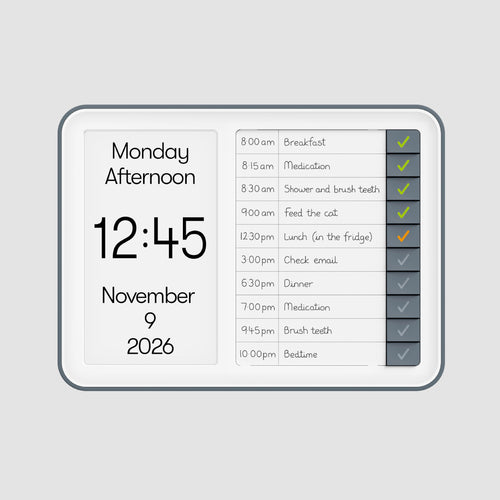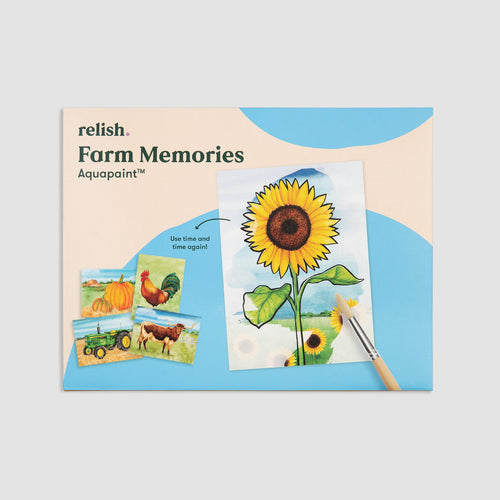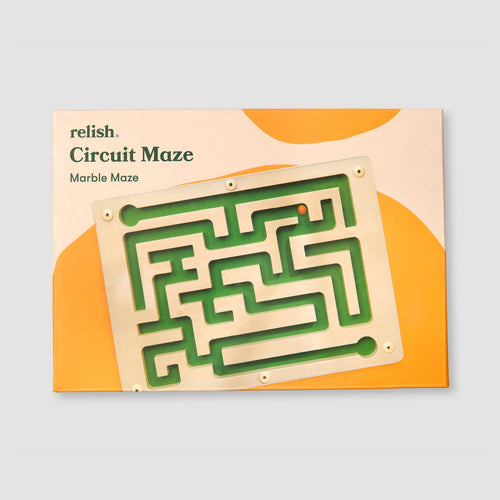When a loved one or family member is diagnosed with dementia it can, understandably, be a difficult time for their family and close friends. Not only do they need to adjust to the new diagnosis, but they also may struggle to find a place to fit within their loved one’s dementia journey. This is especially hard if a loved one’s care is mainly undertaken by a care worker in a care home setting, often leaving the family feeling isolated and unneeded.
As a dementia care worker there are steps you can take to involve family and friends, helping to support and advise them in not just the care of their loved one, but also the best ways to communicate and interact with them. This will not only help family members feel valued and involved but will also ensure that the person who is living with dementia is supported and looked after.
Encourage Helping with Every Day Tasks
Talk to the family about helping to get involved in daily tasks with their loved one. This can be something as simple as folding their laundry with them or joining them as they eat their lunch. Engaging a person with dementia in a familiar activity helps to keep them relaxed, which can aid conversation. Also, certain tasks may trigger memories, which can also help stimulate conversation between them and their family as they reminisce.
Play Games
Encourage families and friends to spend quality time with their loved ones having fun. Often people can forget to just enjoy the time they spend with each other, and so introducing enjoyable and engaging activities will not only help give focus to the time spent together but will also lift everyone’s mood. Activities such as [dementia-friendly jigsaw puzzles](https://relish-life.com/jigsaw-puzzles) or [bingo](https://relish-life.com/dementia-games/group-games/animal-bingo-relish) are fantastic as they have been specifically designed for people with dementia but can be enjoyed by the whole family. It is also a good idea to make friends and family aware that as their loved one’s dementia progresses their interests may change. What may appeal to them on one visit, may not the next, and they need to be prepared for this and adjust their activities accordingly.
Communication
Keep the family involved in the care of their loved one by taking time on each visit to talk to them. This can be regarding more serious issues, like health problems their loved ones may be experiencing, or simply filling them in on last week’s activities and what their loved one enjoyed doing. These regular updates will help a family not only feel connected to their loved one but will also steer how they interact with them. For example, finding out that their loved one really enjoyed an art activity last week may help guide the time they spend with them on their next visit, perhaps undertaking an art project together.






















